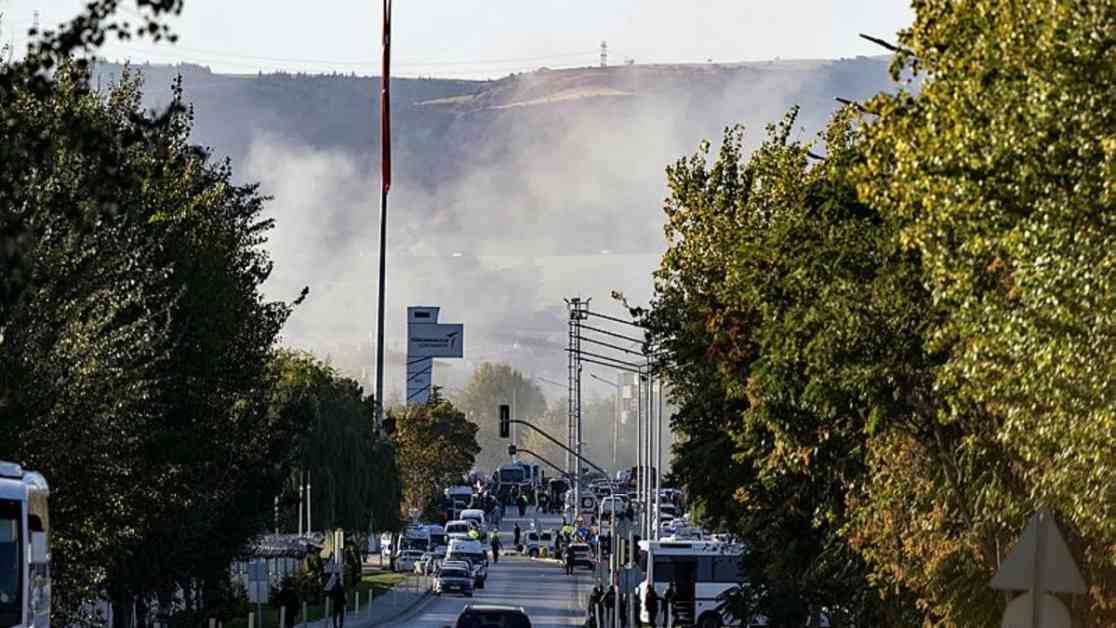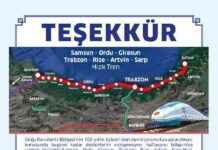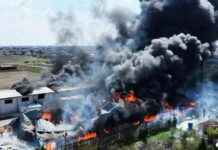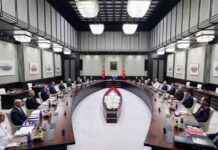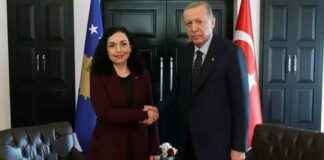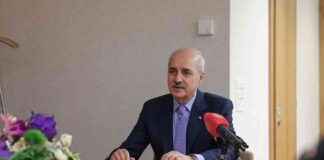Denial of Allegations Regarding Support for Treacherous Attack at TUSAŞ
In a statement posted on DMM’s social media account, it was emphasized that the individual mentioned in the allegations circulating on social media has no connection to TUSAŞ. The statement clarified that the individual in question has never been present at the TUSAŞ campus as claimed. The training program mentioned in the news is the ‘Aviation Engines School’ conducted under TEI Motor Industry. This program was launched in March 2021 and provided participation opportunities for all students studying in the relevant departments. The training is not extensive and is only aimed at providing basic education to students. The Aviation Engines School, a social responsibility program, offers its lessons on an online platform and does not conduct any classes within the institution.
Clarification of the Online Training Program
The Aviation Engines School was designed to enhance the knowledge and skills of students interested in aviation engines. The online courses cover a wide range of topics related to aviation technology, engine mechanics, and maintenance procedures. The program aims to provide a comprehensive understanding of aviation engines and prepare students for careers in the aviation industry. Through interactive lectures, virtual labs, and practical assignments, participants can gain valuable insights into the complexities of aircraft engines and their operation.
The remote learning format of the Aviation Engines School allows students to access course materials and resources from anywhere, at any time. This flexibility enables individuals to balance their academic pursuits with other commitments and responsibilities. The online platform also fosters a sense of community among students, who can engage in discussions, collaborate on projects, and network with industry professionals. By leveraging technology and digital tools, the program creates a dynamic learning environment that encourages active participation and knowledge-sharing.
Impact of False Allegations on Reputation
The false allegations regarding support for a treacherous attack at TUSAŞ have had a detrimental impact on the institution’s reputation. By associating an innocent individual with such a serious accusation, the spread of misinformation has caused undue harm to both the individual and the organization. In today’s digital age, where news travels rapidly through social media and online platforms, false information can quickly tarnish a person’s or company’s image.
The denial of these baseless claims by DMM underscores the importance of verifying information before jumping to conclusions. In a time when misinformation and fake news are prevalent, it is crucial to exercise caution and critical thinking when consuming and sharing information online. By promoting transparency, accountability, and credibility, organizations can protect their reputation and uphold their integrity in the face of unfounded allegations.
In conclusion, the denial of allegations regarding support for a treacherous attack at TUSAŞ serves as a reminder of the need for diligence and fact-checking in the digital age. By scrutinizing sources, verifying information, and promoting accuracy in reporting, individuals and organizations can safeguard their reputation and credibility. As we navigate the complexities of the online landscape, it is essential to prioritize truth, integrity, and responsible communication to mitigate the spread of misinformation and uphold ethical standards in journalism.

